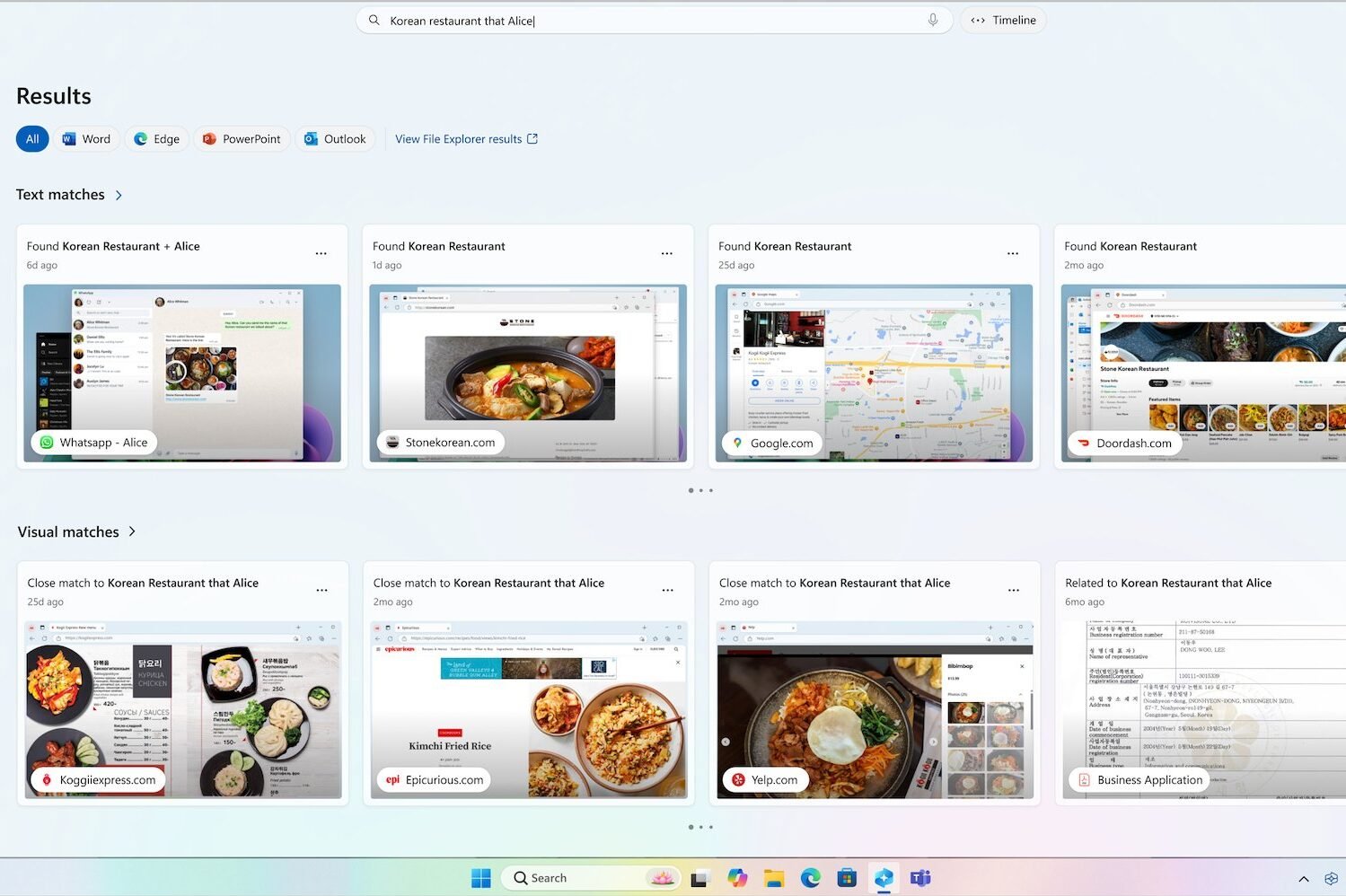Tech Companies Are Blocking Microsoft's Creepy 'Recall' Feature

Microsoft’s much-maligned Recall feature, which automatically screenshots everything you do on your Copilot+ PC to create a “photographic memory,” is not making many fans across the app developer community. According to a report from The Verge, ad blocker AdGuard and privacy-minded browser Brave have decided to block Recall and its prying eyes.
Brave announced its plans to block Recall in a blog post published earlier this year, in which it tipped its cap to Signal, the encrypted messaging app that first revealed it would keep Recall from screencapping user activity back in May. Per Brave, Recall will be blocked by default starting with the release of version 1.81 of the browser. It’ll offer a toggle for users who want to turn Recall back on and let it screencap their browsing activity, which definitely doesn’t feel super vulnerable and invasive to have someone else see.
AdGuard joined the chorus of blocking, announcing Friday in a blog post that it’ll add a feature that will allow users to disable Recall. The feature, which will appear in version 7.21 of the app, seems to provide a system-wide block of Recall rather than just blinding its eyes from a single app. AdGuard offers a number of other settings to block other Windows tracking features, including the collection of telemetry data.
While AdGuard’s block is the most wide-ranging, Brave has managed to iterate on Signal’s approach in a way that allows users to take their own screenshots while keeping Recall from taking its own snapshots. Signal took a more blunt-force approach, using a Digital Rights Management (DRM) flag to block screenshots entirely, so even the user cannot capture an image of their chats.
These companies almost certainly will not be the last to go out of their way to keep Recall from working as intended. Microsoft has had nothing but trouble and pushback since introducing the feature last year. It was set to launch with the introduction of Microsoft’s Copilot+ PCs—Windows machines designed to maximize the company’s AI features—but was delayed in June, probably because people were creeped out by it.
Since then, the company has slowly tried to integrate the feature back into the fold. It started offering Recall to members of the Windows Insider Program first, and has introduced some features meant to quell concerns over privacy violations, including turning Recall off by default, requiring a PIN to access the contents of the feature, and storing screenshots locally and with encryption. And yet, it still feels pretty damn weird. If nothing else, Recall now serves as a useful marketing tool for privacy-focused app developers who want to signal that they’re protecting users by blocking it.









